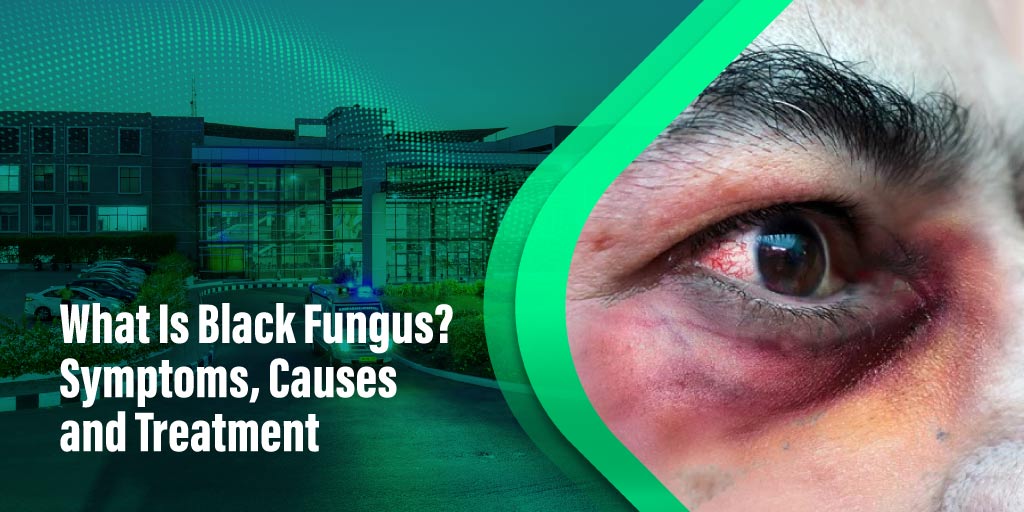Do you know that most individuals live with Glaucoma, without even realizing it? This condition often goes undiagnosed until the later stages, causing serious damage to your eyes. It’s essential to make people aware and understand the severity of the disease and the importance of early detection to help them protect their vision.
The best eye hospitals in Coimbatore take several initiatives to create glaucoma awareness among people and highlight the need for undergoing regular glaucoma screenings to detect the condition in its early stages before it progresses and causes serious damage to your eyesight.
Get to know about glaucoma and what it can do to your eyesight:
Glaucoma is a group of eye diseases that causes severe damage to your optic nerve, which is responsible for transmitting visual data from the eye to the brain. This is mainly due to the high intraocular pressure on the nerve causing irreversible damage, silently causing your vision to worsen without any warning signs.
You need to undergo regular glaucoma screenings to detect this condition early on and understand its impact to prevent grave outcomes.
Gradual development of glaucoma and its impact on your eye health:
Do you know that Glaucoma advances silently and gradually weakens your eyesight? People living with glaucoma become aware of their condition only after they face severe vision problems. This further highlights the need for individuals to undergo regular eye tests to detect the condition in its early stages.
Risk factors associated with Glaucoma:
Individuals over 60 years of age, those with a family history of this condition or suffering from diabetes face an increased risk of acquiring this condition. Most best eye hospitals in Coimbatore the city take several initiatives to create awareness in people of the risk factors and highlight the need for targeted glaucoma screenings to detect and diagnose the condition and get treatment at the early stages, preventing vision loss.
Symptoms associated with Glaucoma:
If you are experiencing problems like blind spots, blurry vision, eye pain, headaches, red eyes, tunnel vision, etc., you may need to take an eye test to check for Glaucoma.
Eye screenings to check the presence of Glaucoma:
The glaucoma screening procedure is handled by an ophthalmologist and involves a single or a combination of tests, which are painless, non-invasive and can be done quickly. These screenings help your eye doctor see the interior areas of your eyes, diagnose the extent of damage to your eyes and decide on appropriate treatments.
Listed here are some of the common types of Glaucoma:
Open-angle glaucoma or primary open-angle glaucoma is a condition that is frequently encountered in most individuals. The canals that lead to your eye’s drainage system are open, with clogs developing deeper inside the drainage system, slowing down the fluid removal process. It affects both the eyes and most people do not experience any symptoms in the early stages of developing the condition. If you do not get treated immediately then you are at risk of losing your peripheral vision.
Closed-angle glaucoma or narrow-angle glaucoma affects one eye at a time and is very rare. Your iris covers and blocks the canals that drain fluid from your eye when you have this condition, which is of two types and include:
- Acute closed-angle glaucoma is a condition wherein your eye pressure increases suddenly, because your eye retains all the fluid, causing a medical emergency. This leads to eye pain, blurry vision and other symptoms, resulting in permanent blindness if you do not get treated immediately.
- Chronic closed-angle glaucoma advances slowly with no apparent symptoms or minimal symptoms like eye discomfort, blurry vision, redness, or headaches which can improve with good sleep. If you do not get immediate treatment for this condition, it then leads to loss of vision.
Regular eye check-ups at the best multi-speciality hospitals in Coimbatore allow you to sustain good vision and overall eye health. During regular glaucoma screenings, your eye care specialist will conduct multiple tests to check different aspects of your eyes and vision which include:
Eye pressure: Tonometry tests are used to check the pressure inside your eyes by touching the surface of your eye with a special device and include the following tests:
- Air-puff test: This is a quick and painless procedure wherein you need to place your chin on a machine and your eye care specialist will direct a puff of air into your eye. If the results indicate high intraocular pressure then you need to undergo further tests to get a more precise reading.
- Applanation tonometry: The first step is to numb your eyes with eye drops and then your eye specialist will gently press a special device against your eye and measure your eye pressure, while a slit lamp, an eye magnifying device, is used to examine your eyes.
Thickness of your corneas: The cornea is the front outer layer of your eye, whose thickness can influence the results of your eye-pressure readings. Depending on your eye pressure you need to further undergo a pachymetry test that gives your eye care specialist more details to make a clear diagnosis.
Here too, the process starts with numbing your eyes with eye drops and your eye care specialist will place a small device on your cornea to measure the thickness.
Your optic nerves: Your eyes will be dilated with eye drops and your eye specialist will examine your eye with a light and a magnifying glass to gauge the extent of damage to your optic nerve. Also called ophthalmoscopy, this test is part of a routine glaucoma check-up.
Your peripheral vision: Perimetry or a visual field test is done to check the sharpness of your peripheral vision. This test is done using different ways to measure how well you can see using your side vision.
There are different ways to do the test, but in most cases, patients are asked to look straight ahead and say if the objects shown at the sides of their vision are visible, without shifting their gaze. This test will enable your eye specialist, at multi-speciality hospitals, to check the extent of your peripheral vision.
Eye canal drainage: The canal that drains your eye fluid is assessed using a special contact lens, this process is called gonioscopy. The lens equipped with a mirror allows your eye specialist, at affordable hospitals, to clearly see the area where fluid drains out of your eye and diagnose if you have open-angle or close-angle glaucoma.







